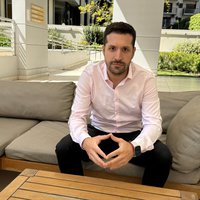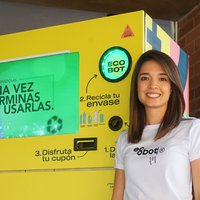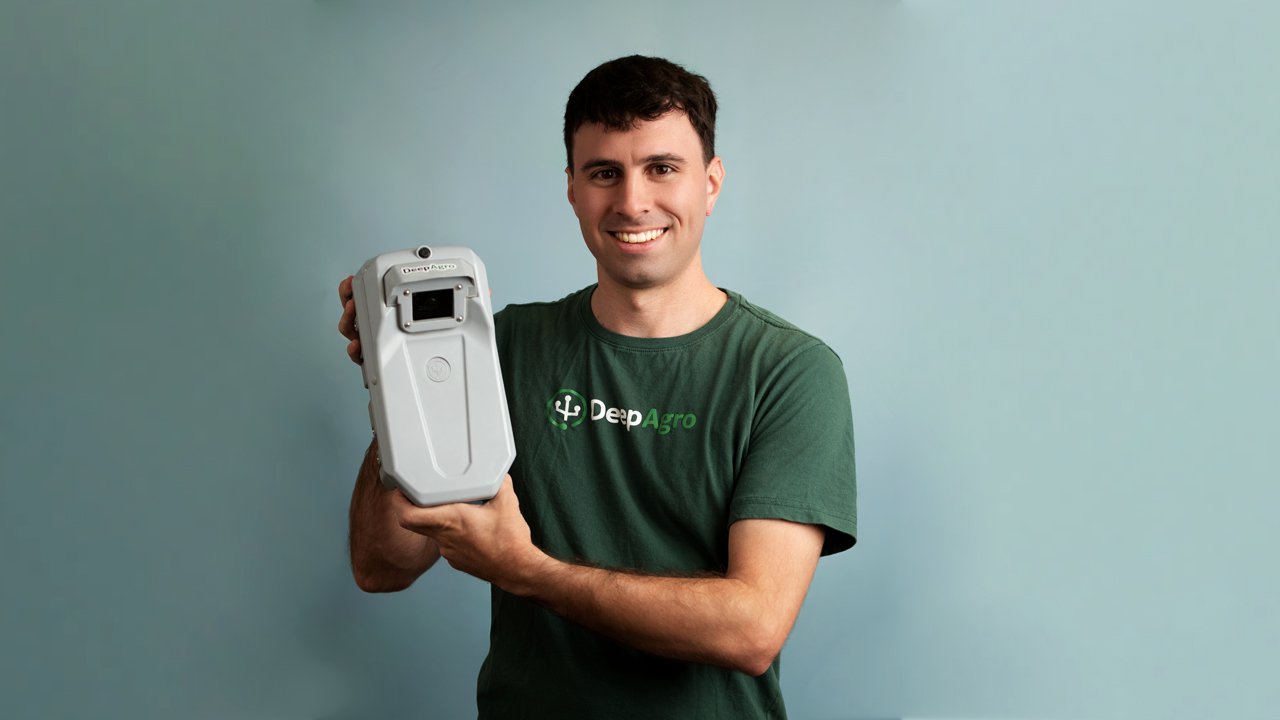Argentina’s
agricultural sector spends more than $200 million USD (approximately €179
million) per year on pesticides, according to a study by Unearthed. This amount
is expected to increase in the coming years, as the use of chemical products is
projected to become more widespread in order to mitigate the consequences of
climate change, as noted by the Pesticide Action Network (PAN).
However,
the use of herbicides is not without consequences; it affects both crops and the
health of those working in the fields, PAN warns. Limiting their use to the
specific needs of each field is one of the goals of Juan Manuel Baruffaldi
(Argentina, 33 years old), who has developed a solution based on artificial
intelligence (AI) to address this issue.
DeepAgro is
a technology company that has developed a selective herbicide application
system. The system detects weeds and applies the compound only where it is
needed, reducing herbicide use and environmental impact by up to 70%. The
solution achieves two key objectives: it lowers environmental impact by
targeting only the affected areas, and it reduces costs by minimizing herbicide
use.
Baruffaldi
was born in Casilda, Argentina, and from a young age, witnessed his father
working in the fields and the inefficiency of pesticide use. “These
herbicides are applied uniformly across the entire field, regardless of the
presence of weeds, making their use increasingly inefficient, expensive, and
harmful to both the environment and human health,” explains Baruffaldi, who
holds a degree in Computer Science from the National University of Rosario
(Argentina).
He decided
to combine his personal background with his academic training, applying what he
had learned in computer vision and deep learning to agriculture. Today,
DeepAgro has 56 clients and operates in Argentina, Uruguay, and Brazil, with
additional trials underway in the United States. “Our
solution has already helped reduce 300 tons of plastic waste, 42 million liters
of water, and $24 million USD (about €21.4 million) in agrochemicals across all
of our clients,” the entrepreneur notes.
In 2022,
the company reached profitability for the first time, reporting revenues of
$1.1 million USD (around €984,000). A year later, revenues climbed to $2
million USD (€1.7 million), and they expect to close the current year with
sales totaling $10 million USD (approximately €8.9 million).
The next
major challenge for DeepAgro is to differentiate between types of weeds, using
AI, in order to apply the correct agrochemical for each case. Baruffaldi offers
a simple analogy: “Imagine
you go to the doctor because you have a headache, and the doctor gives you 25
different medications for all sorts of pain. Your headache goes away, but your
body begins to build resistance to the other drugs. That’s what’s happening in
the fields today—farmers are using a single liquid filled with multiple
agrochemicals to kill various types of weeds.”
“Data and
artificial intelligence make it possible to increase yields while reducing
environmental impact. This marks the beginning of a new agricultural
revolution—one driven by consumers and rooted in sustainability,” says the
founder of DeepAgro.
Throughout
his academic career, Baruffaldi has earned several awards and honors, including
the Best Project Award at the Argentine EST2014 Symposium, and the TOYP Award
for Ten Outstanding Young People of Santa Fe. He was also named one of MIT
Technology Review in Spanish 35 Innovators Under 35.




